This might come as a surprise to a great number of people who know how much I love and cherish my time in Philadelphia (with fun walking tours and random puns about the City of Brotherly Love) but the next chapter of my life is actively unfolding and it requires me to be in the Big Apple in July.
While I grew up just outside of Philadelphia in Lower Merion township I never really understood what the city had to offer. When I finally moved to West Philly to go to Penn I began to scratch the surface. Moving downtown and beginning to connect with educators across the area solidified my belief that our fine city has so much to offer ourselves and the world. I truly believe Philadelphia can be a destination for thousands of families looking to settle down in a place that can truly be homey and wonderful.
That being said, there are a few personal and professional pulls that brought me to make this decision. When I completed graduate school I felt compelled to look north as another place form e to whet my desire to understand a different urban area and bring that knowledge back to Philadelphia. I talked with friends about living and working in New York, coming home to visit family and friends on a regular basis. That thought was put on hold as I dove into my first years of teaching in the School District of Philadelphia and has now resurfaced with enough oomph to get me up there.
Over the past few months I have organized a place to live (New York real estate is ridiculous) and a new job at a school in Carroll Gardens called the Brooklyn School of Collaborative Studies. I look forward to the new challenges ahead and working in a new place with new staff. While I have done this a few times in the past, it was never voluntary. For the first time I am actively making a big change and I can't wait to see how it turns up.
Obviously I will continue writing and reflecting on my practice, local and national education policies, and I imagine there will be quite a lot of comparison between NYC and Philadelphia. Sufficed to say, I might be moving to a different city but my brain is still screwed on the same way and I will definitely want to share my thoughts. I look forward to making connections with great educators and others in New York. For now, have a great summer! I will likely continue to share thoughts but on a less consistent basis.

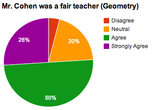
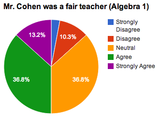


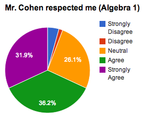




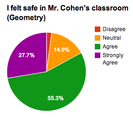
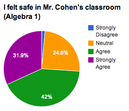
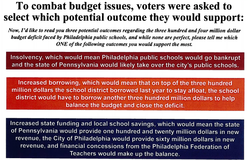
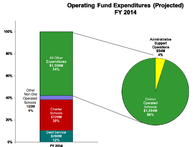


 RSS Feed
RSS Feed
